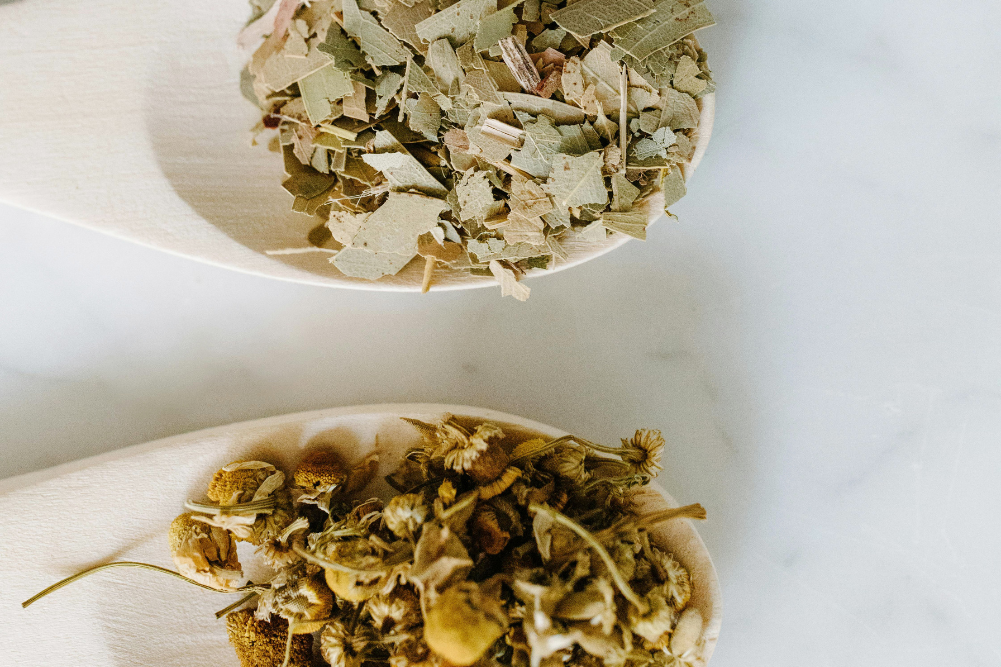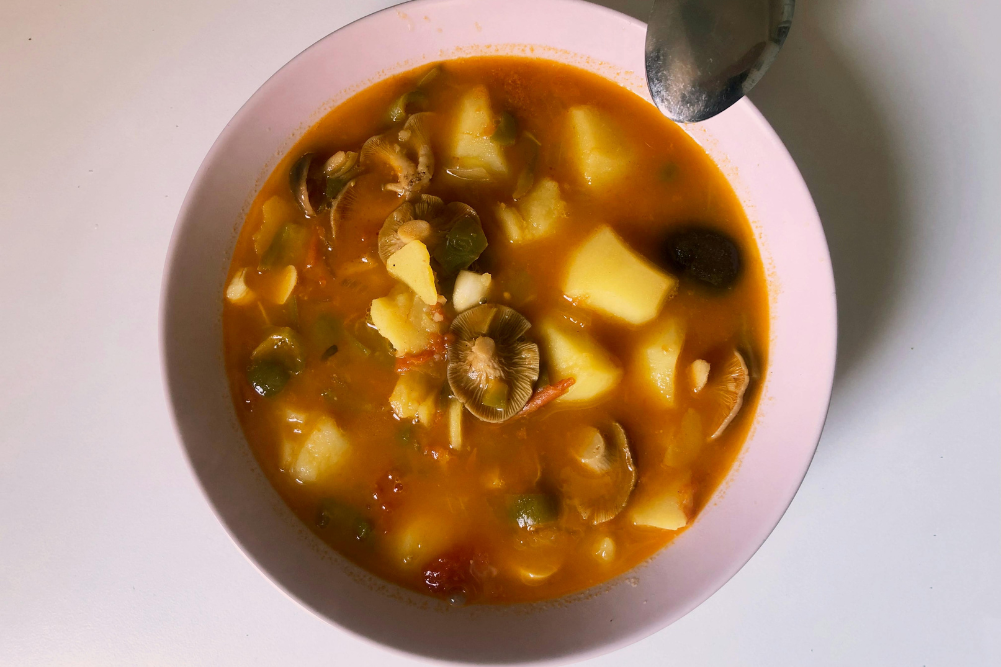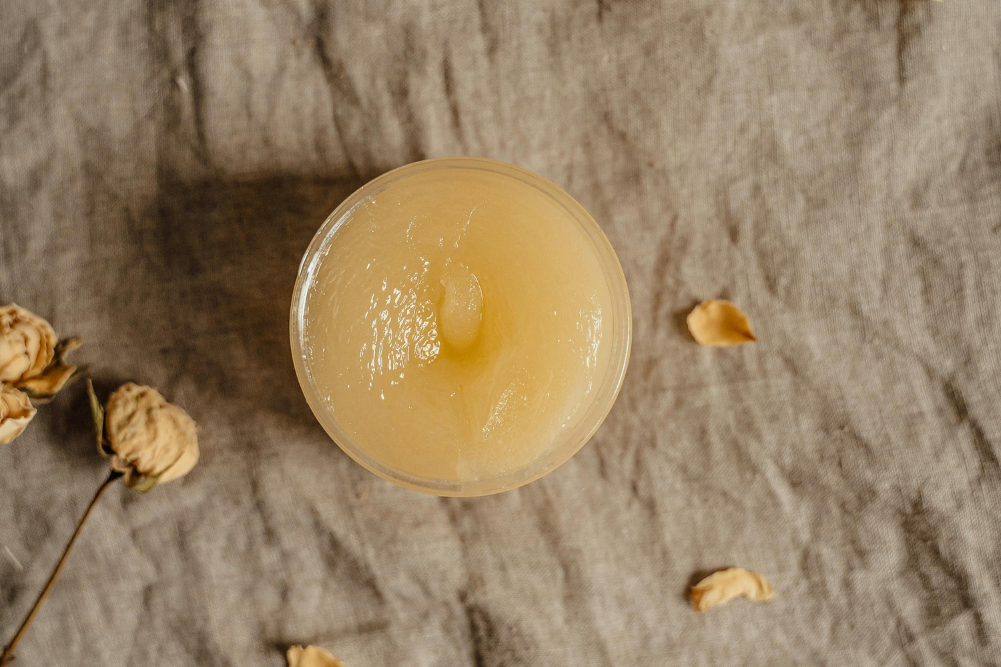Preventing the winter ills
A holistic cold and flu prevention plan using vitamins, herbs, lifestyle tips and immune support for a healthy, resilient winter.
A 67-year-old recently retired woman was concerned with the coming cold and flu season and wanted a program to protect her from infections. For two to three years, she had been getting the annual flu vaccine from her doctor, but she had been increasingly reacting adversely to the vaccine – getting a worse dose of the flu than she ever used to prior to the vaccinations. Research shows that while the flu vaccines help some people, they are not always as effective in older people as they are purported to be. The figures show that in elderly people, less than 30 per cent find them effective.
She agreed to follow a program for the next few months. These programs are more effective if commenced at the change of season, before the flu season really kicks in. Flu viruses mutate every year, so this is an annual program. She was taking minimal supplementation that was not specific enough for her current situation.
General hygiene is a basic first step. Wash hands regularly in warm soapy water (pure soap does not contain the chemicals contained in sanitisers). Masks are useful if you have a cough and to protect others from your germs – not so much for personal protection.
When tested, her Vitamin D levels were 60 (just inside the lower end of normal range). A measure of 100–120 is significantly more effective for health and respiratory protection, so a combination supplement of Vitamin D3 and K2(spray) was recommended. As winter was coming and her levels were low, it was recommended she take four to five sprays per day after food (if taken on an empty stomach, only about 15 per cent is absorbed).
Zinc is an important antiviral and immune stimulant. A dose of 25-50mg elemental zinc was recommended daily, and older formulas were preferred with relevant cofactors including manganese. Zinc is better absorbed if taken with the night meal. Magnesium is important – particularly if experiencing cramps regularly – along with vitamin A, which strengthens membranes.
Vitamin c is critical. She was taking calcium ascorbate, but this formula is not the most effective. She needed to switch to a mixed ascorbate formula, or one made from rose hips or acerola cherries (or camu camu powder). Vitamin c dose was 1000mg twice a day.
A formula of herbal medicines was suggested that contained echinacea (long-term use of this is not recommended), olive leaf, mullein, elecampane, elder berry and cat’s claw. Olive leaf also has blood pressure-lowering properties – often useful in older people. Andrographis is very effective for some, but be careful of the dose as it can also cause adverse reactions in sensitive people.
It was also necessary to get plenty of sleep, regular exercise – preferably in the early morning sun – and ensure adequate hydration. If she felt a cold or flu coming on, rest was recommended.
Zinc, vitamin c and herbs will stimulate the body to eradicate the pathogen. The second aspect when dealing with infections is to reduce the inflammation triggered by the pathogen that allows it to spread – quercetin (one dose twice per day) was recommended.
In case of infections, doubling the doses of these remedies and taking them three times per day for a couple of days will minimise symptoms and aid in a quick recovery. A spoonful of a good-quality raw honey in a lemon and honey hot drink will help. Raw garlic, onions, ginger and turmeric relieve the inflammation and reduce the infection. Chicken soup (“mother’s penicillin”) supports immunity with its antibacterial and antiviral properties.
Cold and flu viruses create acidic environments, so alkalising is recommended. Apple cider vinegar daily and half to one teaspoon of bicarb soda in filtered water are effective. Eucalyptus oil in an inhalation relieves sore chests or coughing, and salt water (or sage tea) gargles help with sore throats.
A significant part of immune system strength starts in the gut, so ensuring a healthy gut microbiome goes a long way in prevention. Fermented foods such as yoghurt, kefir (based on coconut rather than dairy) and kimchi are excellent.
I saw this woman several years ago and she has followed this program from April through winter and, to date, she has only had one incident of feeling unwell, which lasted a couple of days. She is very happy with the result and feels she has greater control over her health.








